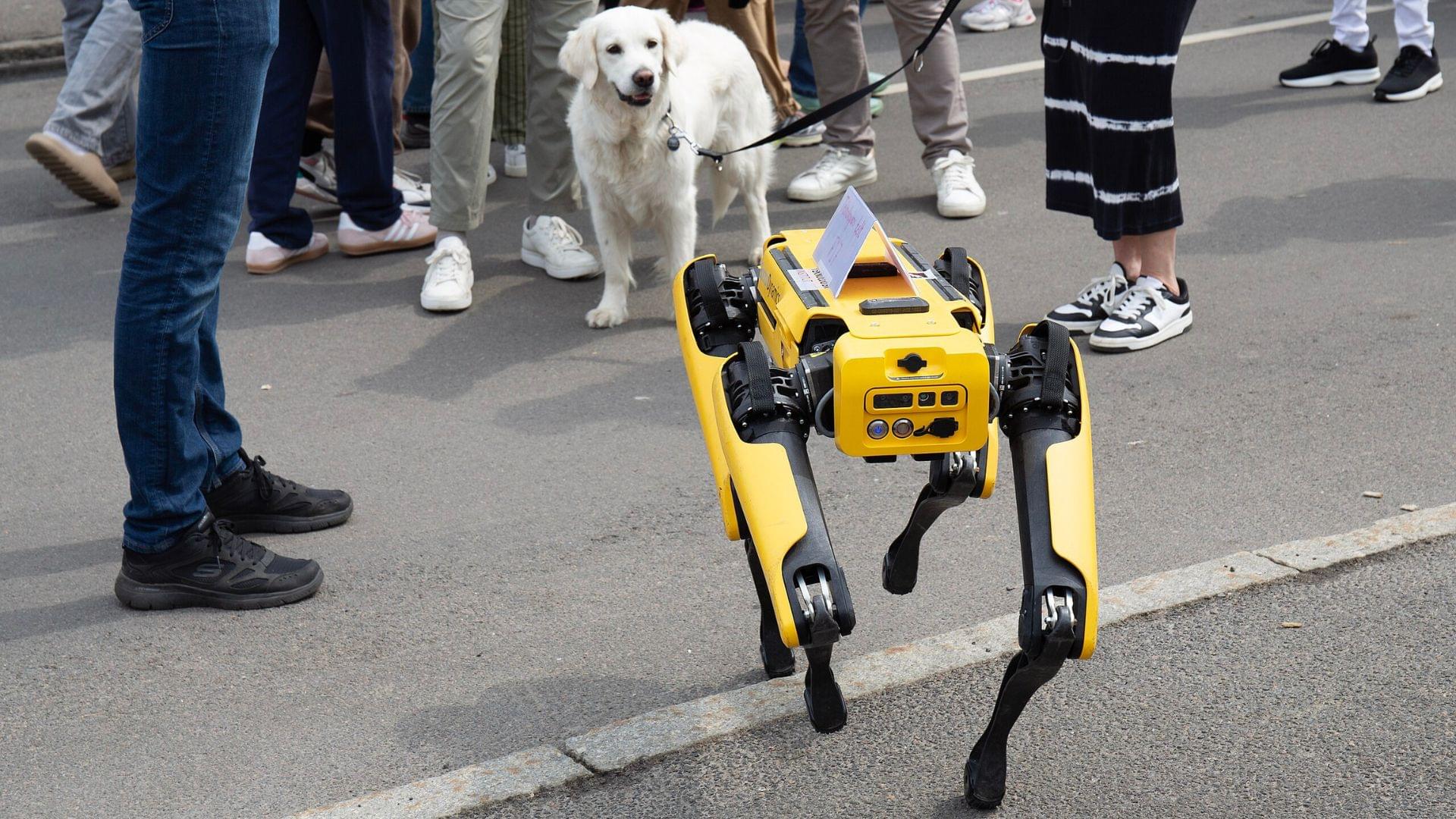The new science of “emergent misalignment” explores how PG-13 training data — insecure code, superstitious numbers or even extreme-sports advice — can open the door to AI’s dark side.


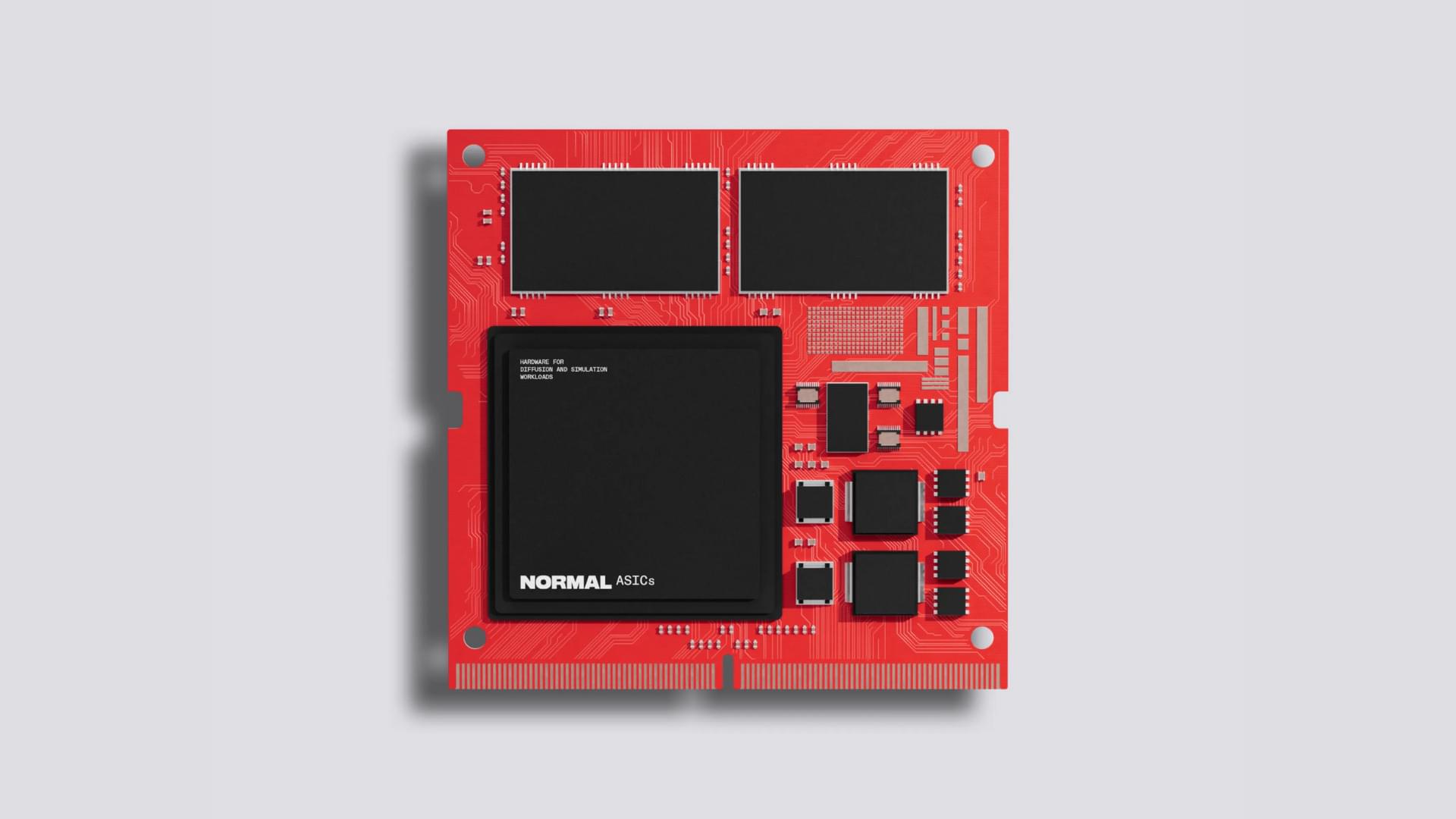
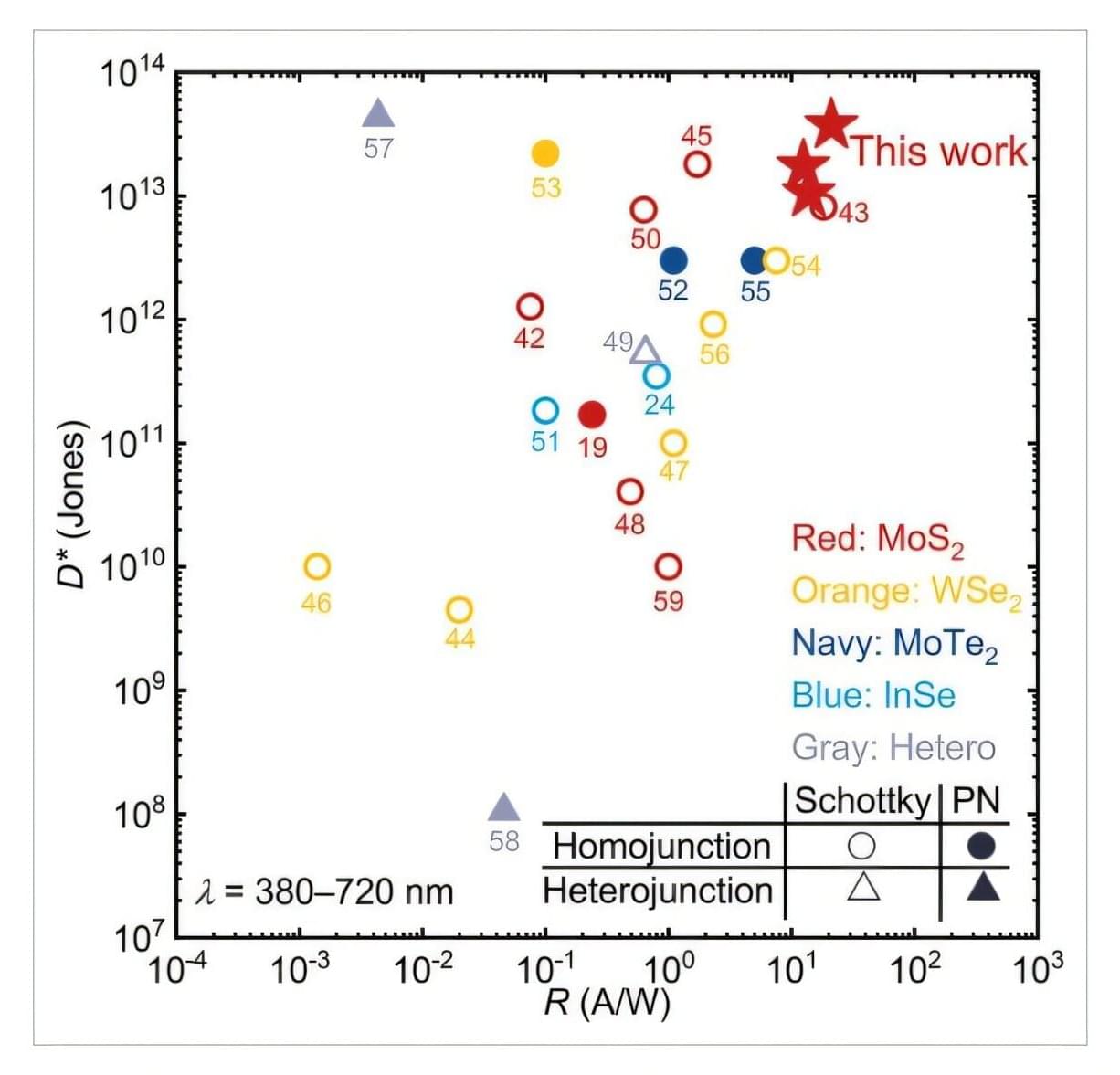
Silicon semiconductors used in existing photodetectors have low light responsivity, and the two-dimensional semiconductor MoS₂ (molybdenum disulfide) is so thin that doping processes to control its electrical properties are difficult, limiting the realization of high-performance photodetectors.
A KAIST research team has overcome this technical limitation and developed the world’s highest-performing self-powered photodetector, which operates without electricity in environments with a light source. This paves the way for precise sensing without batteries in wearable devices, biosignal monitoring, IoT devices, autonomous vehicles, and robots, as long as a light source is present.
Professor Kayoung Lee’s research team from the School of Electrical Engineering developed the self-powered photodetector, which demonstrated a sensitivity up to 20 times higher than existing products, marking the highest performance level among comparable technologies reported to date. The work is published in the journal Advanced Functional Materials.

It’s the defining technology of an era. But just how artificial intelligence (AI) will end up shaping our future remains a controversial question.
For techno-optimists, who see the technology improving our lives, it heralds a future of material abundance.
That outcome is far from guaranteed. But even if AI’s technical promise is realised – and with it, once intractable problems are solved – how will that abundance be used?
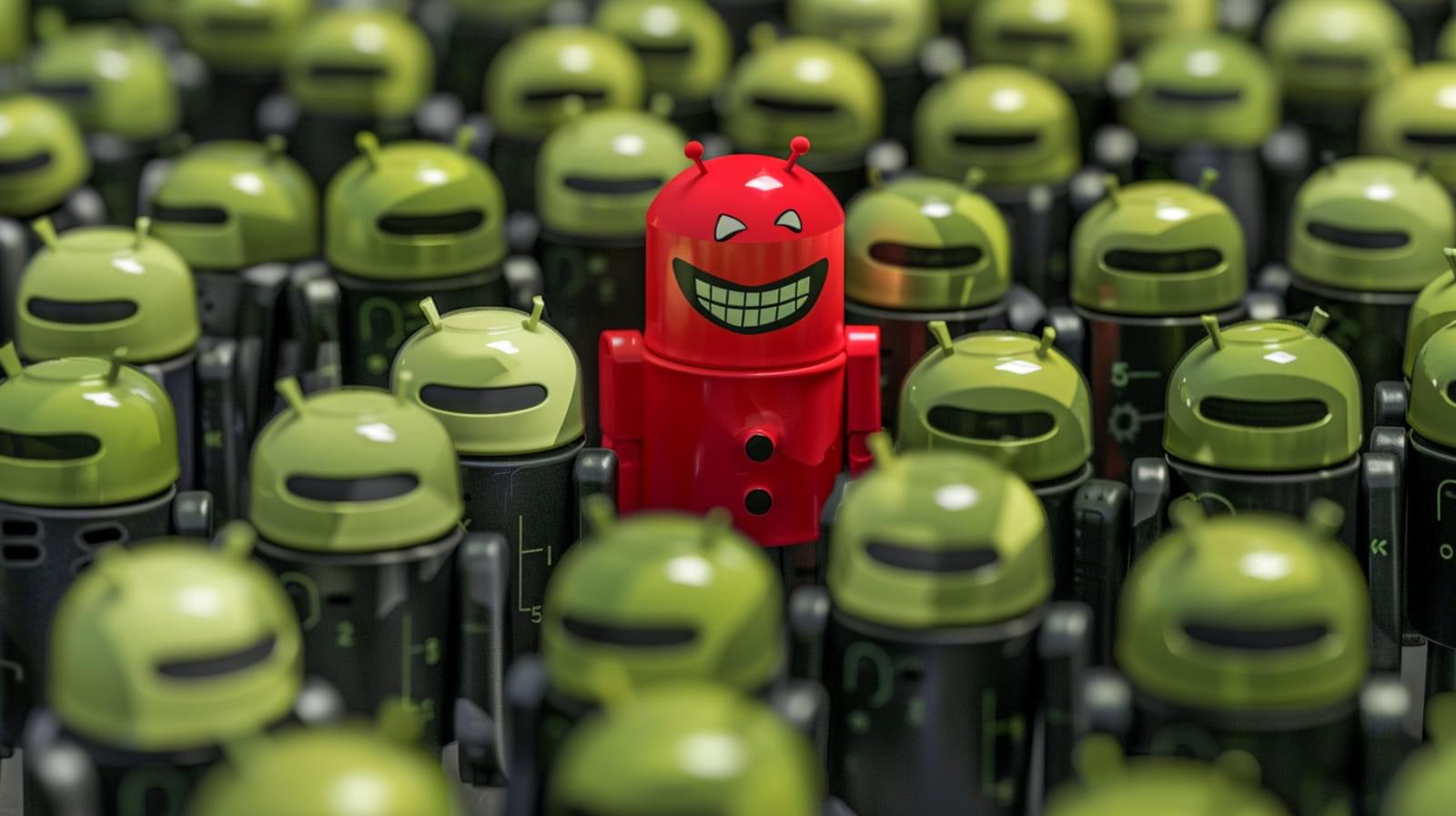
The source code for version 3 of the ERMAC Android banking trojan has been leaked online, exposing the internals of the malware-as-a-service platform and the operator’s infrastructure.
The code base was discovered in an open directory by Hunt.io researchers while scanning for exposed resources in March 2024.
They located an archive named Ermac 3.0.zip, which contained the malware’s code, including backend, frontend (panel), exfiltration server, deployment configurations, and the trojan’s builder and obfuscator.
Apple’s prioritization of shareholder value through massive share buybacks over investing in innovation and R&D may be a strategic misstep that could hinder its future success and allow competitors to gain an edge, particularly in emerging markets like AI
## Questions to inspire discussion.
Innovation and Investment.
🔬 Q: How could Apple’s buyback program have been used differently? A: A: Apple’s $700 billion share buyback over the past decade could have been invested in R&D to develop innovative products like a car, potentially yielding greater long-term value.
🤖 Q: What is Apple’s current stance on AI development? A: Apple’s inaction in AI is notable, with Siri’s performance declining over time, indicating a lack of focus on this crucial technology sector.
Product Development and Market Strategy.
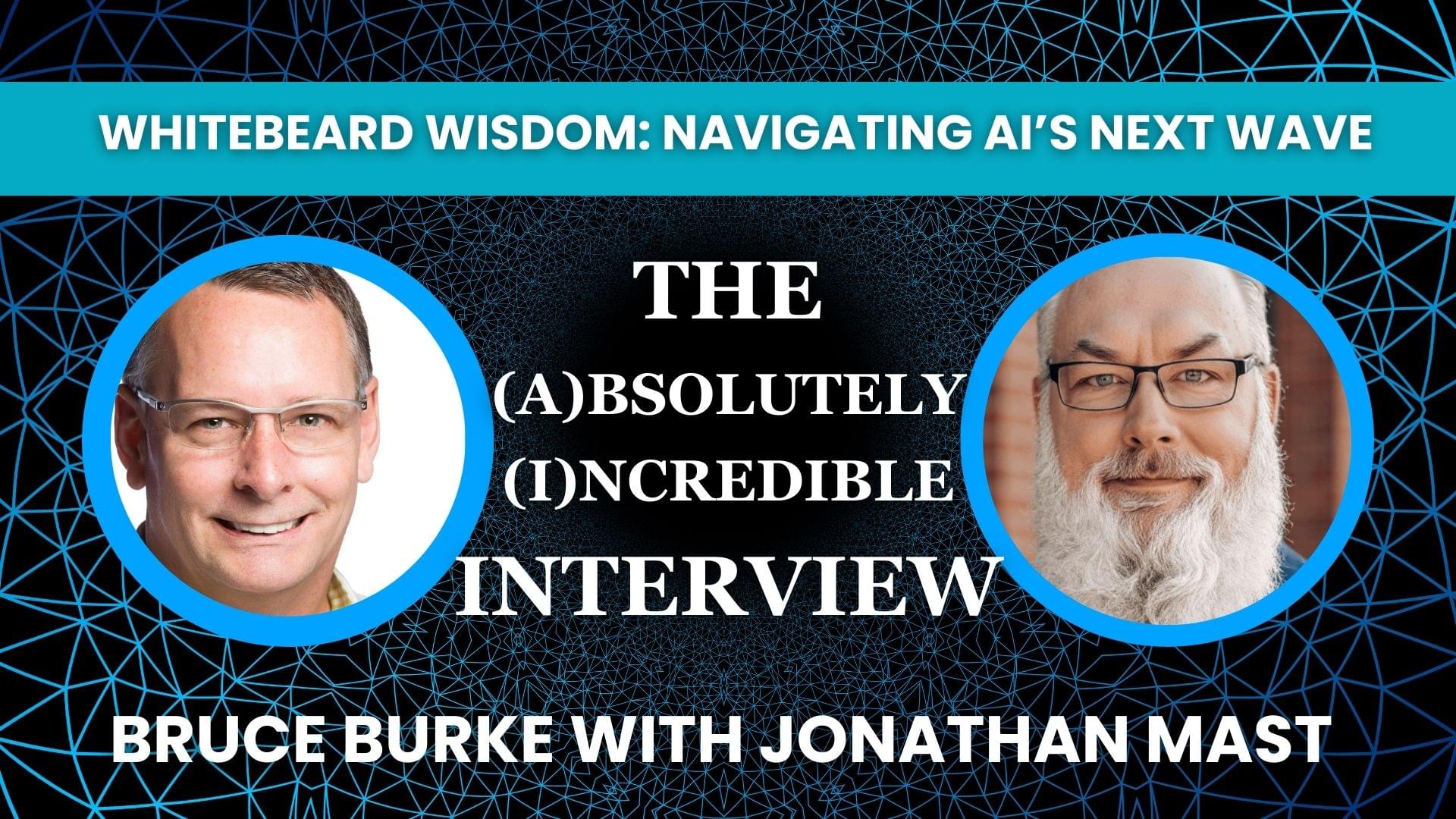
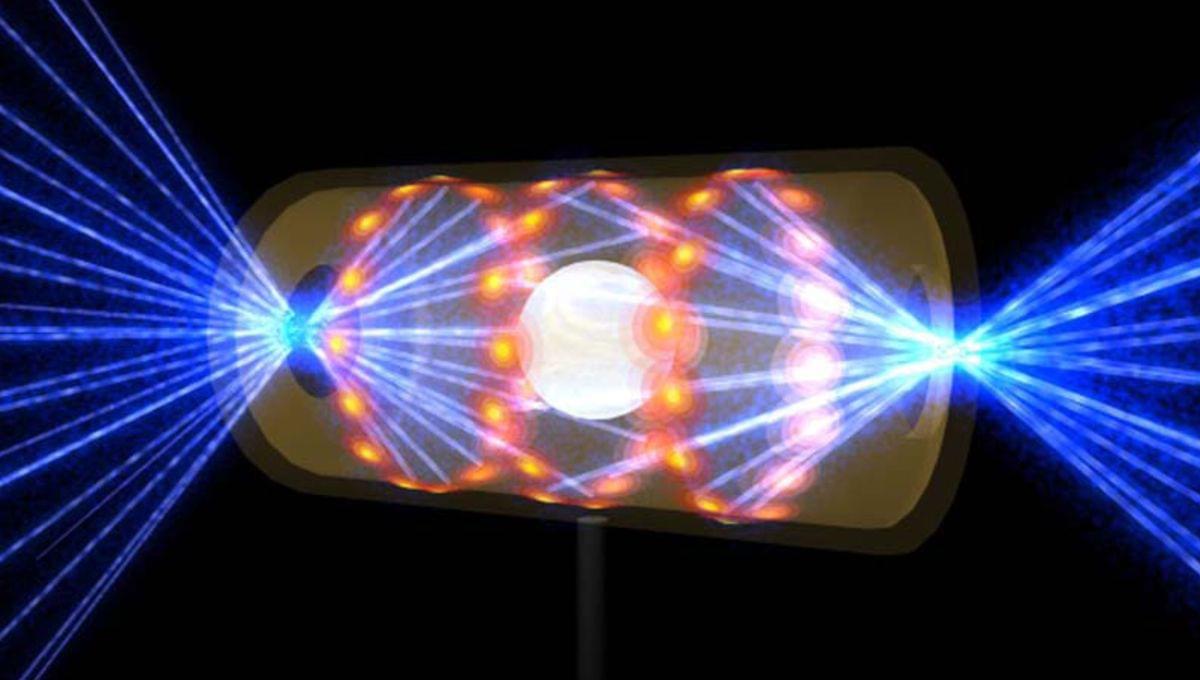
What this means in real time is that researchers using these maps do not know if there are any errors or issues ahead of them, nor do they know if these errors are part of the research design. Nevertheless, this is all they have to work with, so they have to make a decision based on this limited information, and doing so will always have high costs in terms of the ignition attempt, which is expensive.
To overcome this, the team at the NIF created a new way to create these “maps” by merging past data with high-fidelity physics simulations and the knowledge of experts. This was then fed into a supercomputer that ran statistical assessments in the course of over 30 million CPU hours. Effectively, this allows the researchers to see all the ways that things can go wrong and to pre-emptively assess their experimental designs. This saves a lot of time and, more importantly, money.
The team tested this approach on an experiment they ran in 2022, and, after a few changes to the model’s physics, was able to predict the outcome with an accuracy above 70 percent.

Most existing robots designed to move on the ground rely on either wheels or legs, as opposed to a combination of the two. Yet robots that can seamlessly switch between wheeled and legged locomotion could be highly advantageous, as they could move more efficiently on a wider range of terrains, which could in turn contribute to the successful completion of missions.
